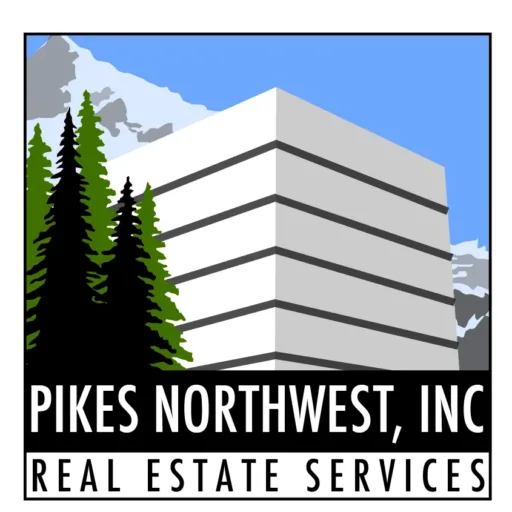Imagine a strategy that could, for every $1,000/month saved in expense, potentially increase the value of your property by $200,000 at a 6% cap rate. Interested?
Who wouldn’t be, right?
It’s nothing sexy or too exciting for sure. In fact, it’s something many of us get pretty grumpy about when it comes time to write the check. What am I referring to? Property taxes.
Most of us get our property tax bill in October and pay it in November, or, we make 2/3 or 1/3 payments per the county schedule and forgo the full 3% discount offered.
Just by reserving for property taxes (setting aside funds) over the course of the year to pay the amount due in full come November, you get to shave 3% off the total bill. On a $100,000 tax bill, that’s $3,000. At a 6% cap rate, that’s $50,000 in potential property value increase. Why? You reduce your operating expenses by $3,000 and that goes right to the NOI (net operating income).
That’s great, right?
But, what if you could do better? I mean, most folks know you can save 3% (or 2%) by paying when due, all or part of your property tax.
This is where the next smart move comes into play: The property tax appeal strategy.
Many property owners feel it’s not worth the time. They’re not really sure if they should appeal or if they might be successful with an appeal. They also may be concerned the tax authorities might discover their property has been undervalued and increase their tax.
With proper research and an understanding of how the county is valuing your property, if you truly believe your property is not valued correctly and can back it up with data, you stand a chance of getting a reduction on your property taxes.
Some issues that may affect your commercial property tax bill include: long-term vacancies, long-term damage to your property, a zone change, or a major change in net income.
There are two phases to property tax appeals. The first phase is more informal than the second phase which is a formal review by the Board of Property Tax Appeals.
The first phase, or Review Request phase, typically has an early December deadline (first Friday in December). The second phase, or the actual Appeal phase, has a December 31st deadline. If your appeal has clear merit and is pretty cut and dry, you may not have to go to the Appeal phase, which is more involved and involves a “hearing” later the following year, in front of the Board.
If you can reduce your property tax liability, these savings go to the bottom line and could well continue for years to come. And, based on a recent tax appeal one of our clients stands to save $12,000 or more annually in property taxes, which could mean a boost of $200,000 to the value of his property at a 6% cap rate.
Maybe yours will benefit, too?
If your commercial property’s income is down or is affected by an issue beyond your control and has been for a period of time (more than 18-24 months is probably ideal), or if you believe your property is over-valued from a Real Market Value (RMV) or Assessed Value (AV) standpoint, contact us to learn more.

 My name is Alyssa Flores. I was raised here in Salem, Oregon. I’ve been working in property management for the past 6 years, and am excited to be part of the Pikes Northwest team. In my spare time I enjoy being with my family and friends.
My name is Alyssa Flores. I was raised here in Salem, Oregon. I’ve been working in property management for the past 6 years, and am excited to be part of the Pikes Northwest team. In my spare time I enjoy being with my family and friends. My experience in property management spans 15 plus years including selling homes in Southern CA. I relocated back to the NW after 20 plus years and I’m really enjoying the beauty of the seasons! I’m excited to add more Commercial Property Management experience to my skill set!
My experience in property management spans 15 plus years including selling homes in Southern CA. I relocated back to the NW after 20 plus years and I’m really enjoying the beauty of the seasons! I’m excited to add more Commercial Property Management experience to my skill set!